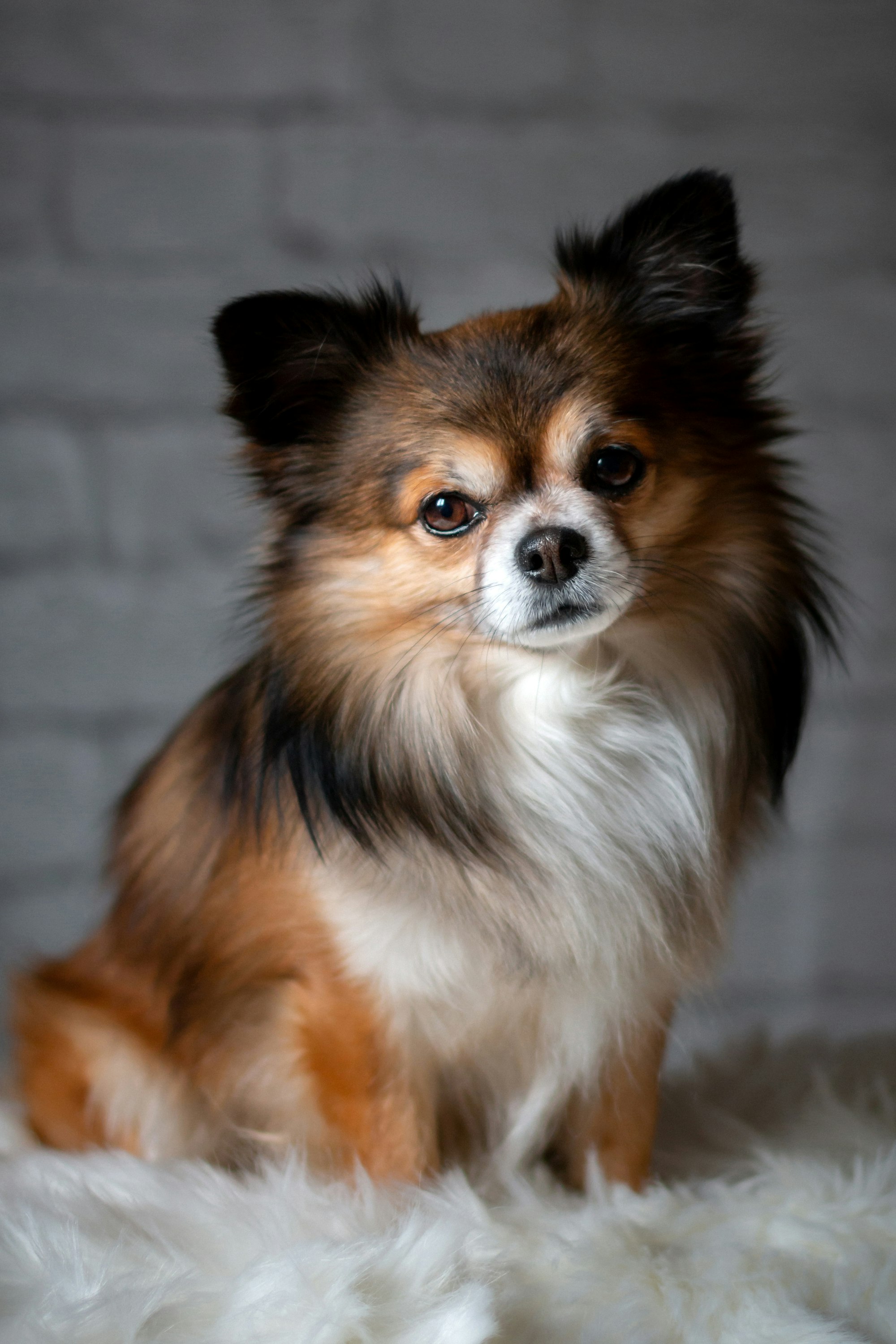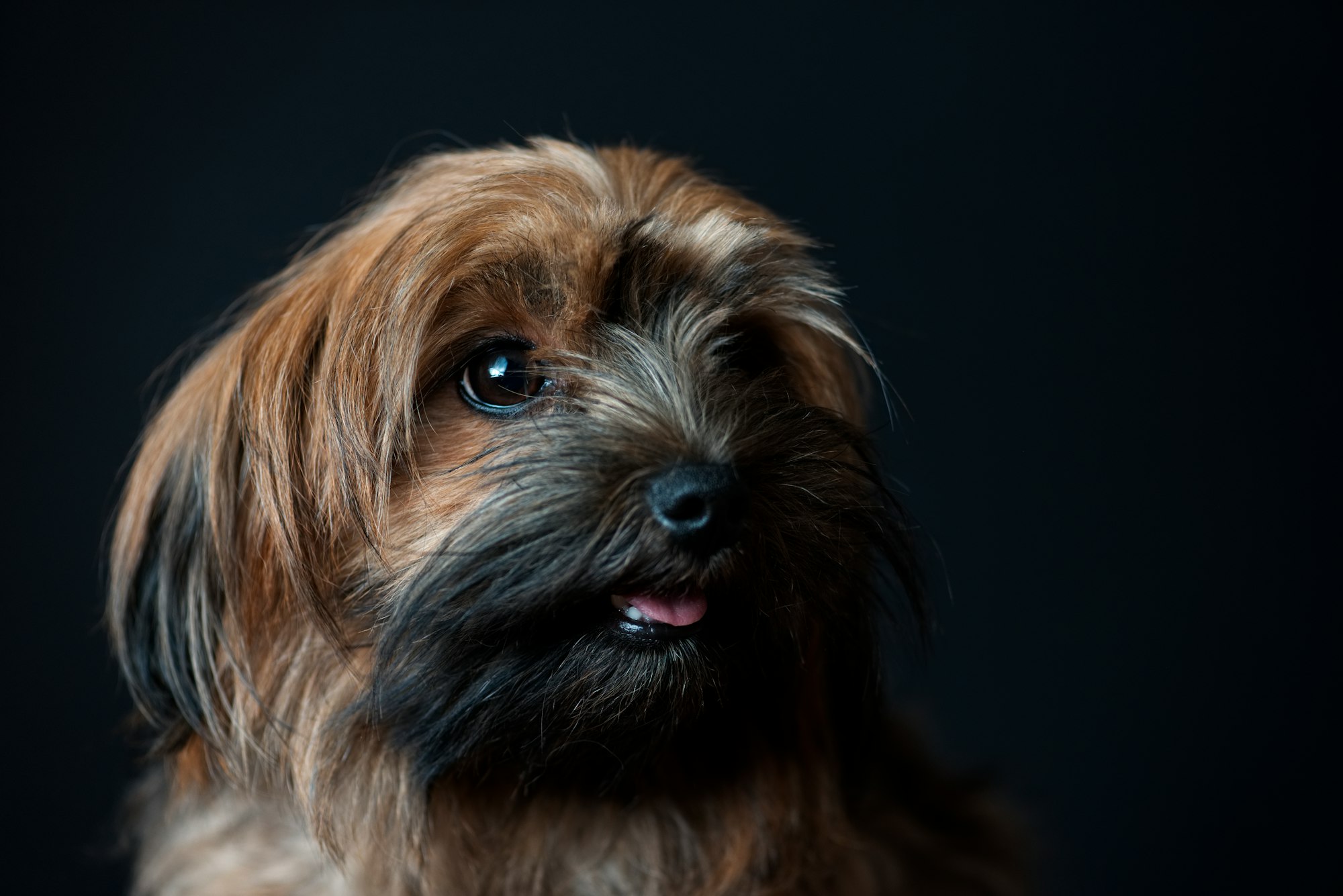When it comes to dog breeds, Mexico boasts a rich and diverse heritage. From ancient indigenous breeds to those influenced by Spanish conquistadors, Mexican dog breeds have captured the hearts of dog enthusiasts worldwide. Here, we will explore the unique characteristics, histories, and roles of Mexican dog breeds. Join us on a journey through Mexico's fascinating canine landscape.

1. The Tiny Charmer
The Chihuahua, the smallest dog breed in the world, hails from the state of Chihuahua in Mexico. Known for its petite size and lively personality, the Chihuahua has won the hearts of many dog enthusiasts. Despite their small stature, Chihuahuas possess a confident and fearless demeanor. They are intelligent, loyal, and fiercely protective of their owners. With proper training and socialization, Chihuahuas can be friendly and outgoing companions.
2. Xoloitzcuintli
The Xoloitzcuintli, also known as the Mexican Hairless Dog, is a breed with a rich history dating back thousands of years. Revered by the Aztecs as sacred companions and guardians, Xolos are known for their calm and affectionate nature. They come in both hairless and coated varieties, each possessing its unique charm. Xolos make excellent family pets and are often considered hypoallergenic due to their lack of fur.
3. Mexican Hairless Dog
The Mexican Hairless Dog, often confused with the Xoloitzcuintli, is a distinct breed known for its perceptive and loyal nature. These dogs form deep bonds with their families and are known to be highly intuitive and protective. Despite their hairless appearance, Mexican Hairless Dogs require regular skincare to maintain their coatless skin. With the right care and attention, they can thrive in loving homes.
4. Mexican Pitbull
The Mexican Pitbull, a variation of the American Pitbull Terrier, is a breed that often faces misconceptions and stereotypes. While these dogs possess a strong and muscular physique, they are not inherently aggressive. Mexican Pitbulls can be loving, loyal, and gentle when raised in a nurturing environment. They are highly trainable and excel in various activities such as agility and obedience. With responsible ownership and proper training, Mexican Pitbulls can be remarkable companions and protectors.
5. Mexican Bulldog
The Mexican Bulldog, also known as the Alapaha Blue Blood Bulldog, is a breed valued for its athleticism and loyalty. Originating from the United States but with significant popularity in Mexico, these dogs possess a muscular build and a strong drive to protect their families. With consistent training and socialization, Mexican Bulldogs can thrive as loyal and dependable pets.
6. Perro de Presa Canario
The Perro de Presa Canario, or the Canary Mastiff, is a large and imposing breed known for its guarding abilities. Originally from the Canary Islands but gaining popularity in Mexico, these dogs are intelligent, confident, and fiercely protective. With a strong work ethic and a deep sense of loyalty, the Perro de Presa Canario excels in roles such as livestock guardians and family protectors.
7. Mexican Greyhound
The Mexican Greyhound, also known as the Galgo, is a slender and graceful breed renowned for its exceptional speed. These dogs have been prized in Mexico for centuries for their hunting abilities and as companions. Despite their racing skills, Mexican Greyhounds are gentle, affectionate, and adapt well to various living situations. They require regular exercise and mental stimulation to thrive as pets.
8. Coton de Tulear
The Coton de Tulear, though not native to Mexico, has gained popularity among dog lovers in the country. This breed, originating from Madagascar, is a small and fluffy companion known for its cotton-like coat and joyful disposition. Cotons are sociable, intelligent, and thrive in human company. With their hypoallergenic qualities and amiable nature, they make wonderful additions to households seeking a loyal and friendly companion.

9. Bolonka: The Affectionate Lapdog
The Bolonka is a breed with Russian origins but has found its way into the hearts of Mexican dog enthusiasts. These small and affectionate dogs thrive on human companionship and love to be in the company of their families. Bolonkas are known for their playful and gentle nature, making them excellent pets for families with children or individuals seeking a devoted companion.
10. Maltipoo: The Playful Designer Breed
The Maltipoo, a crossbreed between a Maltese and a Poodle, has gained popularity in Mexico due to its adorable appearance and friendly demeanor. These small, hypoallergenic dogs possess a playful and affectionate personality, making them suitable for households with allergies or those looking for a low-shedding companion. Maltipoos are highly adaptable and thrive in various environments, from apartments to larger homes.
11. Mexican Street Dogs: The Resilient Strays
Mexico is home to a significant population of street dogs, often referred to as "mexi-mutts" or "cochis." These resilient and resourceful canines display remarkable adaptability and survival instincts. Though their breeds may be mixed, Mexican street dogs make loyal and loving companions when given a chance. Adoption and rescue efforts play a crucial role in improving the lives of these deserving animals.
12. Toy Fox Terrier: The Spirited Entertainer
The Toy Fox Terrier, originating from the United States, has become a beloved breed in Mexico for its spirited nature and outgoing personality. Despite its small size, this energetic and intelligent dog requires regular mental and physical stimulation. Toy Fox Terriers are highly trainable and excel in various happy dog sports. They form strong bonds with their families and are always ready to entertain and play.
13. Mexican Wolfdog: The Wild and Loyal Hybrid
The Mexican Wolfdog, also known as the Alaskan Malamute-wolf mix, is a hybrid breed that combines the grace of a wolf with the loyalty of a domestic dog. These majestic creatures possess an independent spirit and require experienced owners who understand their unique needs. Mexican Wolfdogs thrive in spacious environments and benefit from engaging in activities that tap into their natural instincts.
14. The Perro de Presa Canario
The Perro de Presa Canario, although originally from the Canary Islands, has found its place in Mexico as a loyal guardian of estates and properties. This large and powerful breed is known for its protective instincts and strong-willed nature. With proper training and socialization, the Perro de Presa Canario can be a devoted and loving companion.

15. Mexican Beagle: A Nose for Adventure
The Mexican Beagle is a playful and curious breed that combines the traits of a Beagle and a Chihuahua. Known for its keen sense of smell and inquisitive nature, this breed is always up for an adventure. With proper training and mental stimulation, the Mexican Beagle can be a well-behaved and lively companion.
16. Mexican Boxer: Power and Playfulness
The Mexican Boxer, a breed known for its muscular build and energetic temperament, is a favorite among dog enthusiasts. Boxers are renowned for their playful and friendly nature, making them great companions for individuals and families. Their intelligence and trainability also contribute to their popularity.
17. Pomeranian: The Popular Puffball
The Pomeranian, although not native to Mexico, has captured the hearts of dog enthusiasts in the country. Known for its fluffy double coat and vibrant personality, the Pomeranian is a small breed with a big presence. These good family dogs are intelligent, vivacious, and highly trainable. Pomeranians make delightful companions and are well-suited for both families and individuals seeking a loyal and lively pet.
Understanding the Characteristics of Mexican Dog Breeds
Mexican dog breeds come in different sizes, temperaments, and activity levels. It is essential to understand the unique characteristics of each breed before bringing one into your home. Some breeds, like the Chihuahua, are known for their boldness and energy, while others, like the Xoloitzcuintli, are calmer and more reserved. Consider factors such as exercise requirements, compatibility with children or other pets, and grooming needs when choosing a Mexican dog breed.
Choosing the Right Mexican Dog Breed for You
When selecting a Mexican dog breed, it's essential to consider your lifestyle, living arrangements, and personal preferences. Some breeds, like the Chihuahua and Mexican Hairless Dog, are well-suited for apartment living due to their small size. Others, such as the Perro de Presa Canario and Mexican Boxer, thrive in homes with ample space and opportunities for exercise. Research each breed's characteristics and consult with breeders or rescue organizations to find the best match for you.
Training and Socialization: Building a Strong Bond
Proper training and socialization are crucial for Mexican dog breeds to become well-behaved and balanced companions. Start training early, using positive reinforcement techniques to establish a positive and trusting relationship with your dog. Mexican dog breeds, like any other breed, benefit from consistency, patience, and clear communication. Socialize your dog from a young age, exposing them to various environments, people, and animals to ensure they grow up to be confident and well-adjusted.
Exercise and Activity: Meeting the Needs of Mexican Dog Breeds
Mexican dog breeds have different exercise requirements depending on their size, energy level, and breed characteristics. Some breeds, like the Mexican Beagle and Boxer, thrive on regular physical activity and mental stimulation. Provide daily walks, play sessions, and opportunities for interactive games to keep your Mexican dog breed engaged and content. However, always consider their specific needs and consult with a veterinarian to ensure you meet their how much exercise requirements without overexertion.
Grooming and Care: Maintaining the Well-being of Your Mexican Dog
Each Mexican dog breed has its own grooming needs. Breeds like the Mexican Hairless Dogs require special attention to their skin and protection from the sun. Regular brushing, nail trimming, and dental care are essential for all Mexican dog breeds. Additionally, consult breed-specific grooming guidelines to address coat maintenance, such as brushing the Chihuahua's short coat or caring for the Xoloitzcuintli's skin. Regular veterinary check-ups are also crucial to monitor your dog's overall health and address any potential issues promptly.
Health Considerations
While Mexican dog breeds are generally healthy, it's essential to be aware of breed-specific health concerns and take preventive measures. For example, Chihuahuas may be prone to dental problems, while Xoloitzcuintlis may require extra care to protect their skin from sunburn. Regular vaccinations, parasite control, and a balanced diet are vital for the overall well-being of your Mexican dog. Stay in touch with your veterinarian and follow their recommendations to ensure a long, healthy life for your beloved companion.
Conclusion
Mexico's diverse array of dog breeds showcases the rich tapestry of canine companionship found within the country. From the tiny charm of the Chihuahua to the regal grace of the Mexican Greyhound, each breed brings its unique qualities and contributions to the world of dogs. Whether you seek a loyal protector, an affectionate lapdog, or a spirited entertainer, Mexican dog breeds offer a wide range of options to suit different lifestyles and preferences.
Frequently Asked Questions (FAQs)
1. Are Mexican dog breeds suitable for families with children?
Yes, many Mexican dogs breeds, such as the Chihuahua and Bolonka, are well-suited for families with children. However, it's important to supervise interactions between young children and dogs and teach them how to properly handle and respect pets.
2. Do Mexican hairless dogs require special care?
Yes, Mexican hairless dogs, including the Xoloitzcuintli and Mexican Hairless Dog, require regular skincare to keep their coatless skin healthy. Sunscreen, moisturizers, and protection from extreme temperatures are essential for their well-being.
3. Are Mexican Bulldogs aggressive?
Mexican Bulldogs, like any other breed, can display aggression if not properly trained and socialized. Responsible ownership, early socialization, and positive reinforcement training are crucial to ensure a well-behaved and balanced Mexican Bulldog.
4. Can Mexican street dogs be good pets?
Yes, Mexican street dogs, or mexi-mutts, can make wonderful pets when given a chance. These resilient and adaptable dogs often have a deep appreciation for a loving home and can form strong bonds with their adoptive families.
5. Are Mexican Wolfdogs suitable for first-time dog owners?
No, Mexican Wolfdogs are not recommended for first-time dog owners. Their wild heritage and specific needs require experienced owners who can provide the necessary care, training, and living environment to ensure their well-being.

